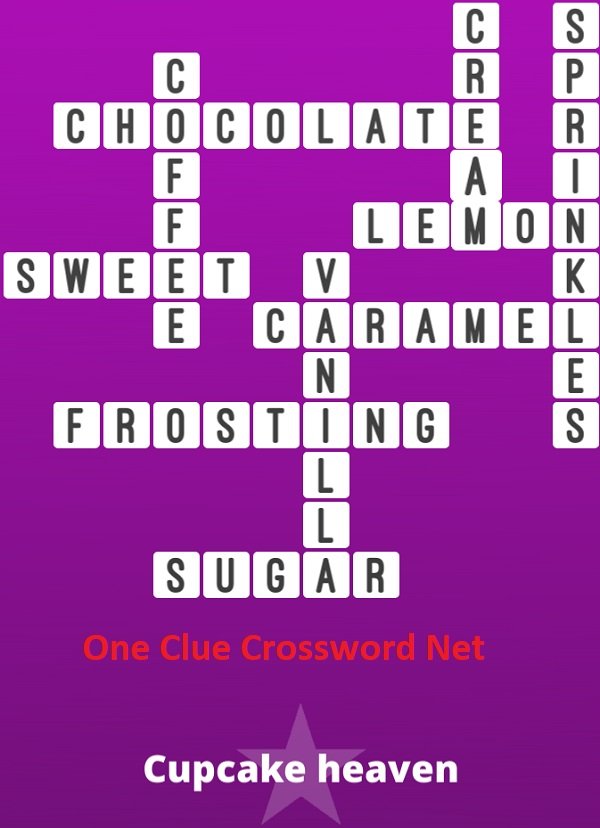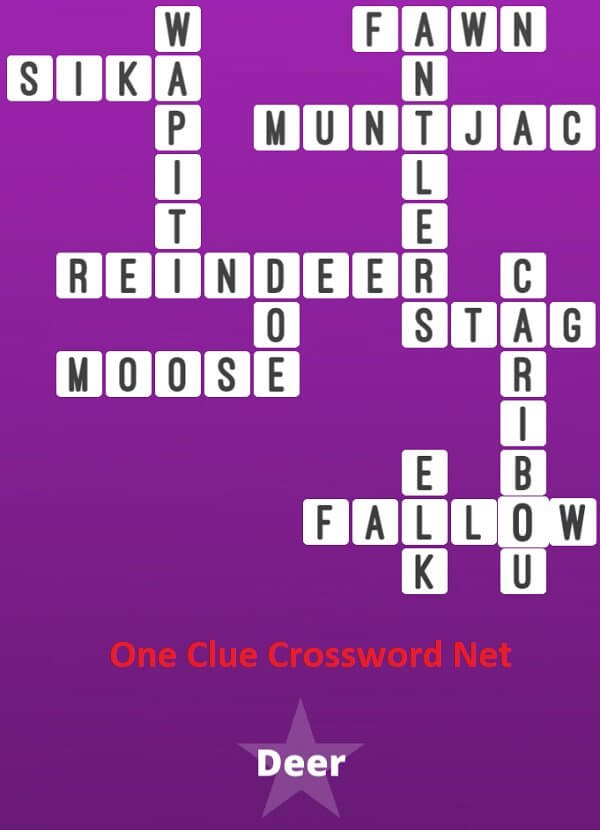
Often the most frequent response to a given word is several times as frequent as the next-most-frequent response (Woodrow & Lowell, 1916 Woodworth, 1938) a common response, especially with adults, is a word’s antonym (O’Connor, 1928). Not only is this an easy task to perform, but for many stimulus words there is a remarkably high degree of agreement among the responses that different people make. In one form of the word association task, people are asked to respond with the first word that comes to mind when they hear or read a stimulus word.

That words are associatively linked to each other to varying degrees is a very old idea in psychology (Karwoski & Schacter, 1948 Kent & Rosanoff, 1910 Woodworth, 1938).

In addition to declarative-knowledge semantic clues that identify their target words precisely, there are those that do not identify the target precisely, although they may narrow the possibilities to very few. More often, my degree of confidence as to whether additional clues or time will bring the target to mind is somewhere between these extremes. Equally compelling is the feeling of not knowing given Capital of Tanzania as the clue, I would be reasonably certain that I did not know the target and would get it, if at all, only as a consequence of filling in intersecting words. Author of “The Ugly Duckling” would evoke that feeling for me. In my own experience, it is often the case that I am not immediately able to call the target to mind, but I have a strong sense that I will be able to do so with the help of additional clues or, perhaps, just with the passage of time which is to say, I am quite sure I “know” the target, even though I cannot produce it on demand. When it does not, the crossword puzzle doer is likely to experience varying degrees of surety with respect to the feeling of knowing.

Sometimes such a clue will elicit the target word immediately.
ONE CLUE CROSSWORD PUZZLE ANSWERS HOW TO
Not only wasn't I peeved by all the new terms, but it also made me happy and optimistic that young constructors could figure out how to connect with at least one solver from a much different generation.It is hard to think of more effective elicitors of “feeling-of-knowing” and “tip-of-the-tongue” experiences than the declarative-knowledge-type clues that one encounters in crossword puzzles. I do crosswords to bliss out in escapist fashion, so it's a big mark of success when a constructor can get me to learn something new with a smile. In this day and age, I want as many sources of optimism in my life as possible, and TED LASSO is a big one. Turns out it's not only a fascinating movement but one that Jill and I might look into down the road (if only as an excuse to get rid of all the kid crap littering our home).Īnd talking about gentle, TED LASSO! For those who haven't been introduced to the uber-uplifting football-turned-soccer coach, what a feel-good show! We were skeptical about adding yet another streaming service to our roster, but I have to hand it to Apple+.

It didn't seem like an in-the-language phrase as I solved, but the two words made sense with the clue. I've added those two terms into my vocabulary, just in time for Gen alpha to cringe at me for trying too hard to be on fleek. Both RIDE OR DIE and SORORITY SQUAT meant nothing to me before solving her puzzles, but I was able to suss out all the individual words, thus not interfering with successful solving. One thing I appreciate about Sophia's puzzles is that this 50-year-old learns something in a gentle, even fun way.


 0 kommentar(er)
0 kommentar(er)
